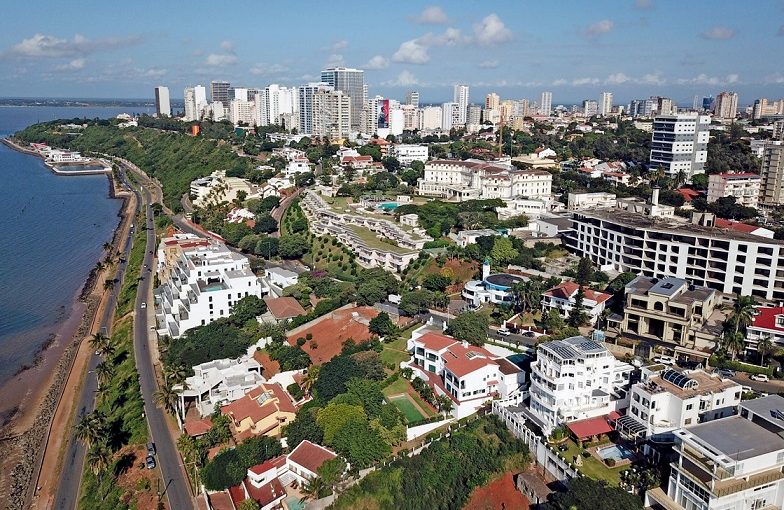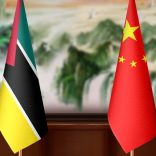Mtwara Corridor brings Mozambique and Tanzania closer together
Mozambique: No financial default risk this year – Bloomberg

File photo: Lusa
The analysis unit of financial information agency Bloomberg said on Monday that no African country would go into financial default this year, citing Mozambique, Kenya and Angola as the countries with the most difficulty in paying off their debt.
“Several African countries are among the most vulnerable when it comes to debt repayments, but we don’t think any nation will default; even the three riskiest economies – Mozambique, Kenya and Angola – can avoid the fate of Ghana and Zambia,” the analysts wrote about the risk of financial default in 60 emerging economies.
“Excluding Ghana and Zambia, which have already defaulted, Mozambique, Kenya and Angola are among the 10 riskiest countries, but a closer look at these countries shows mitigating factors in each of them,” the analysts added, stressing that “Mozambique’s next bond matures in 2031, Kenya has the support of the International Monetary Fund, and oil is giving Angola room to manoeuvre.”
High interest rates, depreciating currencies, slowing growth and rising import prices have increased the risk of financial defaults globally, but especially in sub-Saharan Africa, Bloomberg Economics noted.
“Financial defaults in Zambia in 2020 and Ghana in 2022 may lead to questions about who is next, but country-level analysis suggests that further defaults beyond these two countries are unlikely,” the analysts pointed out.
With regard to Mozambique, Bloomberg Economics says that although it is a risky country, the fact that around 40% of the external debt is concessional, i.e. at better than market prices and that it has an IMF programme, helps the country to provide security for investors.
Furthermore, they add, “Mozambique’s commercial debt is very low, since the $900 million in foreign currency bonds (Eurobonds), worth 7% of the external debt, are not due until 2031”.
Also in Mozambique’s favour is the fact that the debt to GDP ratio has fallen from 126% in 2016, at the height of the hidden debt scandal, to 90% of GDP today, as well as “the prospect of investments in the natural gas sector, which should increase government revenues from 0.1% this year to 0.9% of GDP in 2028”.
While in the case of Mozambique, natural gas is comforting in terms of tax revenues, in Angola, it is oil that will provide room for manoeuvre, with Bloomberg Economics saying that it is oil “that will save Angola”.
Angola’s vulnerability “stems from its high debt servicing costs, which are expected to increase following the devaluation of the kwanza by around 40% against the dollar in the last three months,” these analysts said.
Despite this, they pointed out, “high oil prices give the country a lot of room for manoeuvre,” and the economy returned to growth in 2021 after five years of recession.
“Growth increased to 2.8% in 2022 from 1.1% in 2021, which helped strengthen revenue mobilisation efforts, moved the budget balance-to-GDP ratio into surplus and brought public debt-to-GDP below 100%.”













Leave a Reply
Be the First to Comment!
You must be logged in to post a comment.
You must be logged in to post a comment.